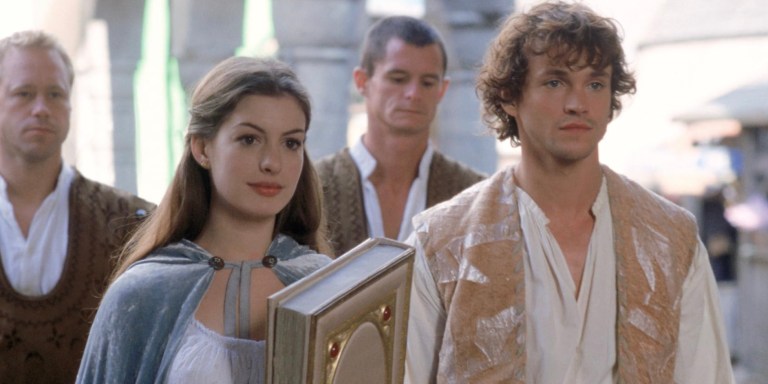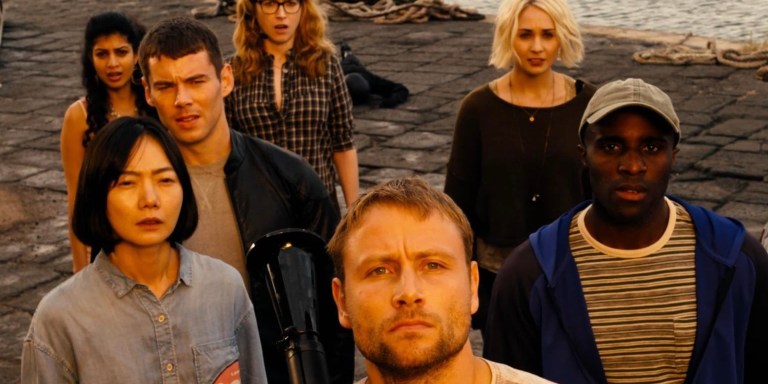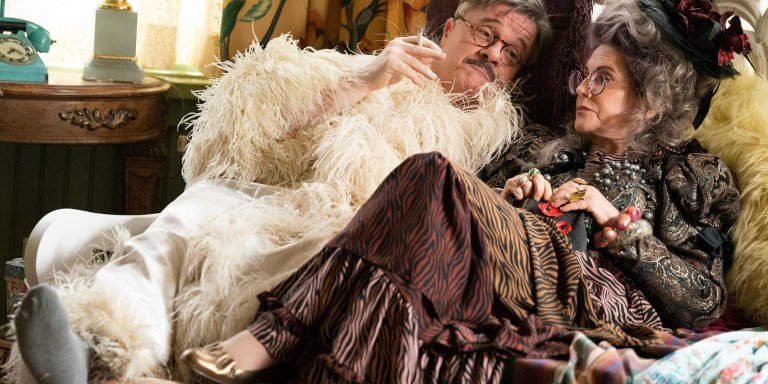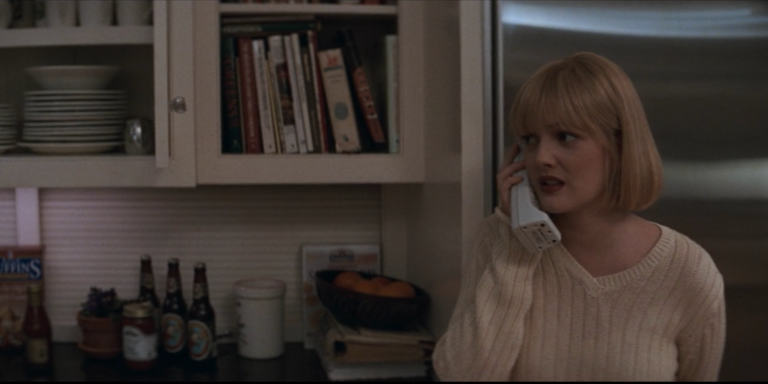YouTube has become a breeding ground for health and fitness accounts, due to the onset of a social obsession surrounding what kind of foods people are eating. Millions and millions of views are garnered on the platform with titles like “What A Model In NYC Eats In A Day” or “What I Eat In A Day (How I Lost 20 Pounds)” and fan bases are filled with impressionable young women and men who take to heart what these YouTubers with no real credentials have to say about nutrition, and health.
As with all forms of social media, when you take an influencer, and you give them a platform, they have power over people. The audiences of these influencers trust them, and they follow them because they lead desirable lives. But what happens when someone with questionable habits is seen as someone others must emulate? What happens when someone who may have an unhealthy obsession with food, starts to showcase their lives and, in turn their controversial behavior, to those who are willing and ready to learn from them?
Introduce Sarah’s Day, otherwise known as Sezzy by her fans. Women especially are drawn to the YouTube star because she is the ultimate definition of “life goals.” On the outside, she is an aggressively fit, beautiful blonde, who has an attractive boyfriend, a little cottage by the beach, a pink bike she roams around town on, picking up organic groceries from markets and so on. She is Pinterest in human form, and that appeals to many millennials who are obsessed with the aesthetic nature of creating a desirable lifestyle that can be captured and shared with hundreds of people.
But people are starting to see that there are some major holes in Sarah’s platform. If you watch the progression of her videos, you can quite literally see the fitness YouTuber delving deeper and deeper into an infatuation with clean eating, pretty food, and the need to be as holistic as possible. To those who have studied the psychology of disordered eating, Sarah raises red flags.
The YouTuber clearly doesn’t have a healthy relationship with food or exercise. She is constantly starting and stopping new diets, “comeback” challenges where she laments over gaining a few pounds and puts herself through an intense and extreme regime of exercise and clean eating, considers fruit to be a “naughty” treat, is almost always talking about food, or some new health food product she likes, and so on. She recently lost her period for months on end, an extreme sign that her body was not performing well, despite her “balanced” healthy lifestyle. When she was forced to use antibiotics for a parasite, and a staph infection, she was emotional on her platform, denouncing Western medicine and worrying about what the pills would do to her progress.
And that is okay. A lot of people struggle with health. A lot of people struggle with developing their habits and working on having a positive relationship with food. However, those people are not guiding others. Those people do not hold the kind of platform Sarah does, they do not influence the amount of people Sarah does. And if you don’t think that matters — you are completely wrong. Because comments like this are popping up everywhere on Sarah’s platforms, and it is heartbreaking.
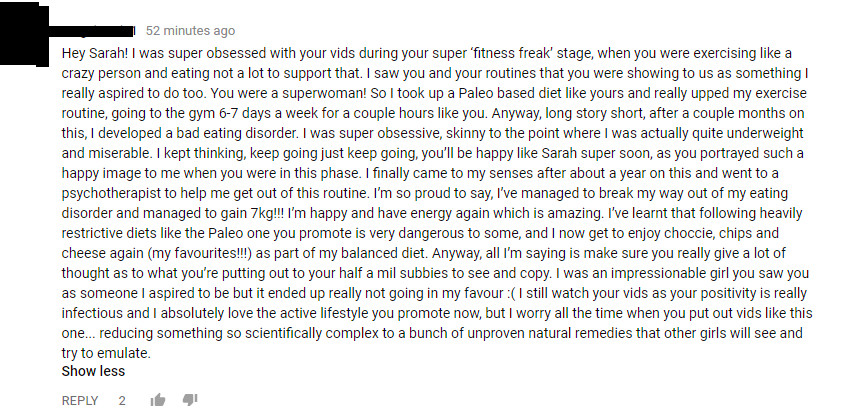

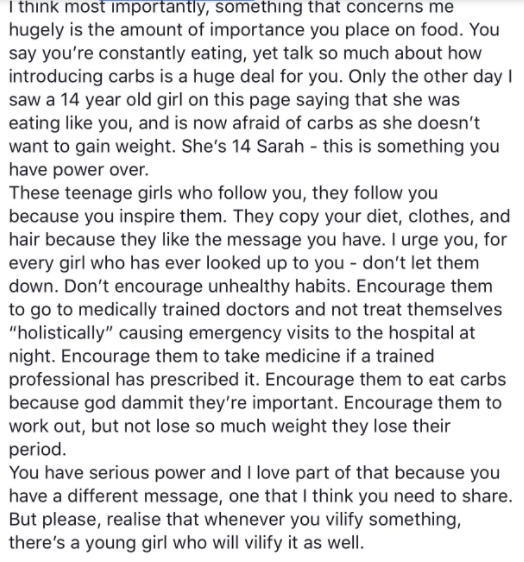
Young women, taking everything their branded, uneducated idol is promoting, and becoming sick. Mentally obsessed. Physically ill. It’s, for lack of a better word, fucked up.
This. Is. Not. Okay. And it happens all too often. Disordered eating is triggering. An overt obsession with holistic medicine could lead a young mind away from the medicine they need, causing a normally easily treated problem into a disaster. Promoting elimination diets like Paleo to a 14 year old who is just starting to develop their relationship with health and food and balance, is harming.
Do you think that YouTubers should be demonetized if they promote unhealthy behaviour? Do you think that people like Sarah deserve a platform, even if it means it may mentally manipulate her audience in a potentially destructive way? Is it, in turn, the responsibility of the watcher to take what these YouTubers say with a grain of salt? Is that even possible when YouTubers are celebrities, and mentors, to these young audiences?
Where do you stand on this issue? ![]()

